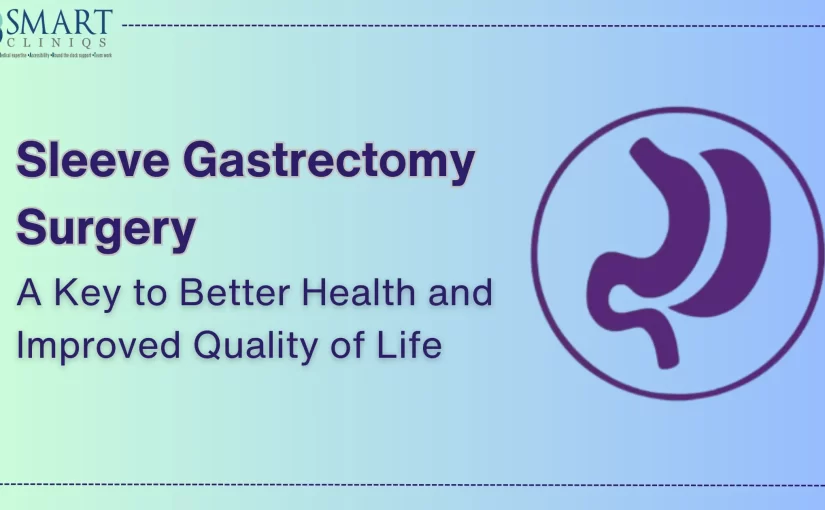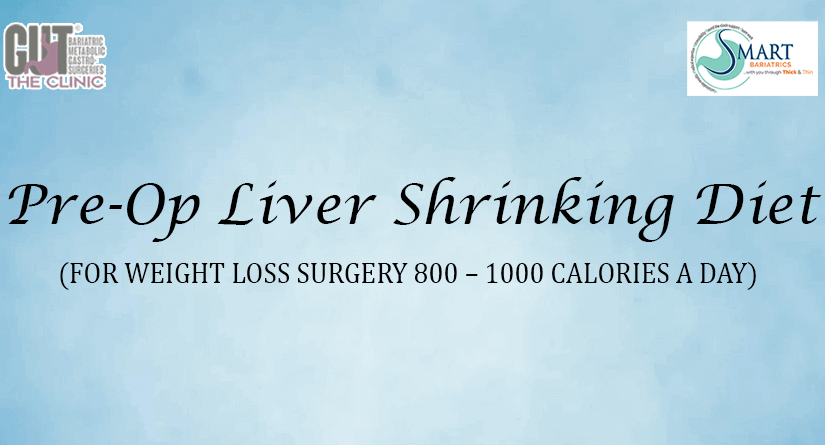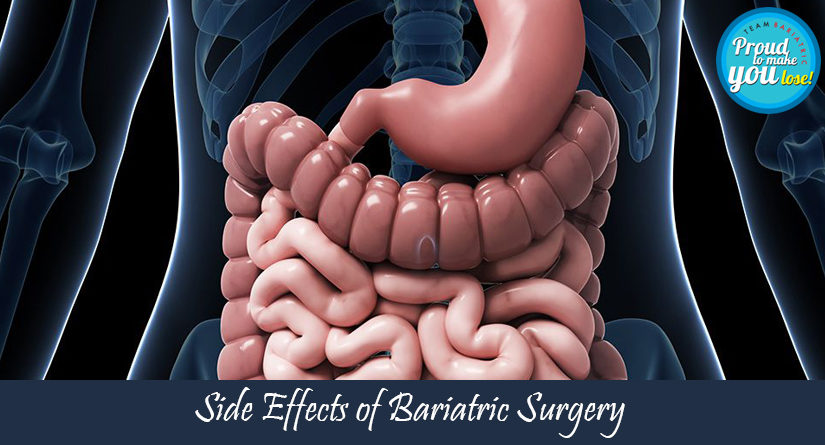Finding the Best Weight Loss Surgeon in Delhi: Key Factors to Consider
Choosing the right surgeon for one’s weight loss surgery is a crucial decision that can significantly impact your health and well-being. With numerous options available in Delhi, it’s essential to consider several key factors to find the best surgeon for your surgery.
Delhi, a bustling metropolis, offers an extensive choice of surgeons, each with their own expertise and experience. From traditional bariatric surgeries to innovative new age robotics, the city caters to diverse patient needs. and navigating this landscape so as to make an informed choice requires careful research and consideration.
I’m interested in weight loss surgery. How do I choose the best surgeon for my needs?
When selecting a weight loss surgeon, prioritize the following qualities:
- Experience: A surgeon with a proven track record of successful weight loss surgeries is more likely to deliver positive outcomes. Look for individuals who have performed a significant number of procedures and have a reputation for excellence.
- Certifications: Ensure the surgeon is certified by recognized professional bodies, such as the American Board of Obesity Medicine or the American College of Surgeons, American Society for Metabolic & Bariatric Surgery (ASMBS), and the Obesity & Metabolic Surgery Society of India (OSSI). These certifications validate their expertise and adherence to industry standards.
- Specialization: Consider surgeons who are trained and specialize in weight loss surgery. This focus indicates a deep understanding of the field and a commitment to providing the best possible care.
- Patient Reviews and Success Stories: Read patient reviews and testimonials to gauge the surgeon’s reputation and patient satisfaction. Look for feedback on their bedside manner, communication skills, and overall outcomes.
Beyond the Basics
- Surgical Approaches: Discuss the different surgical approaches offered by the surgeon, such as gastric sleeve or gastric bypass. Your surgeon can help you determine the best option based on your individual needs and goals.
- Minimally Invasive Surgery: Inquire about the surgeon’s experience with minimally invasive techniques, which can often lead to less pain and a faster recovery.
- Bariatric Center of Excellence: Choose a surgeon under whose mentorship the department is being awarded as the Bariatric Center of Excellence, accredited by the Surgical Review Corporation (SRC). These centers provide the highest standards of care and support.
- Team Qualifications: Assess the qualifications and experience of the surgeon’s team, including any Bariatric Care Specialists certified by the SRC.
- Pre- and Post-Surgery Support: Inquire about the pre-and post-surgery education and support programs offered by the surgeon and their team such as long-term follow-up, patient support group meetings, connecting with other operated patients, etc.
- Communication and Comfort: Ensure you feel comfortable and confident in your interactions with the surgeon. Ask questions and express your concerns to gauge their responsiveness and understanding.
Consultation Process: What to Expect
The process of consulting with a weight loss surgeon typically begins with a comprehensive evaluation. During this initial appointment, the surgeon will carefully assess your medical history, current health status, and weight loss goals. They will also discuss the various weight loss surgery options available, their potential benefits, and associated risks.
To ensure your suitability for surgery and identify any underlying health conditions, the surgeon may recommend a series of assessments, including blood tests, physical examinations, and psychological evaluations.
Your surgeon will provide guidance on pre-surgery preparations. This may involve dietary changes, medication adjustments, and lifestyle modifications to optimize your health and prepare for the surgical procedure.
Why Choose Dr. Atul Peters for Metabolic or Bariatric Surgery?
Dr. Atul N. C. Peters is a renowned surgeon and the Senior Director and Head of the Department of Bariatric, Minimal Access, and Robotic Surgery at Max Smart Super Speciality Hospital, Saket, Delhi, India. With over two decades of experience, he has established the department as a leading center of excellence. Dr. Peters’ expertise and dedication to patient care have earned him international recognition, including the prestigious Surgeon of Excellence accreditation from the Surgical Review Corporation.
His contributions extend beyond clinical practice. Dr. Peters is a mentor to aspiring surgeons and has played a pivotal role in advancing the field through research and innovation. His commitment to providing the highest quality care has earned him respect in the medical community.
Conclusion
Choosing the best weight loss surgeon is a crucial step towards achieving your weight loss goals. By carefully considering factors such as experience, certifications, specialization, and patient reviews, you can make an informed decision and find a surgeon who is committed to providing exceptional care.
Ready to take the next step towards a healthier you? Consult with the best weight loss surgeon in Delhi today. Schedule a consultation and explore the life-changing benefits of weight loss surgery.















